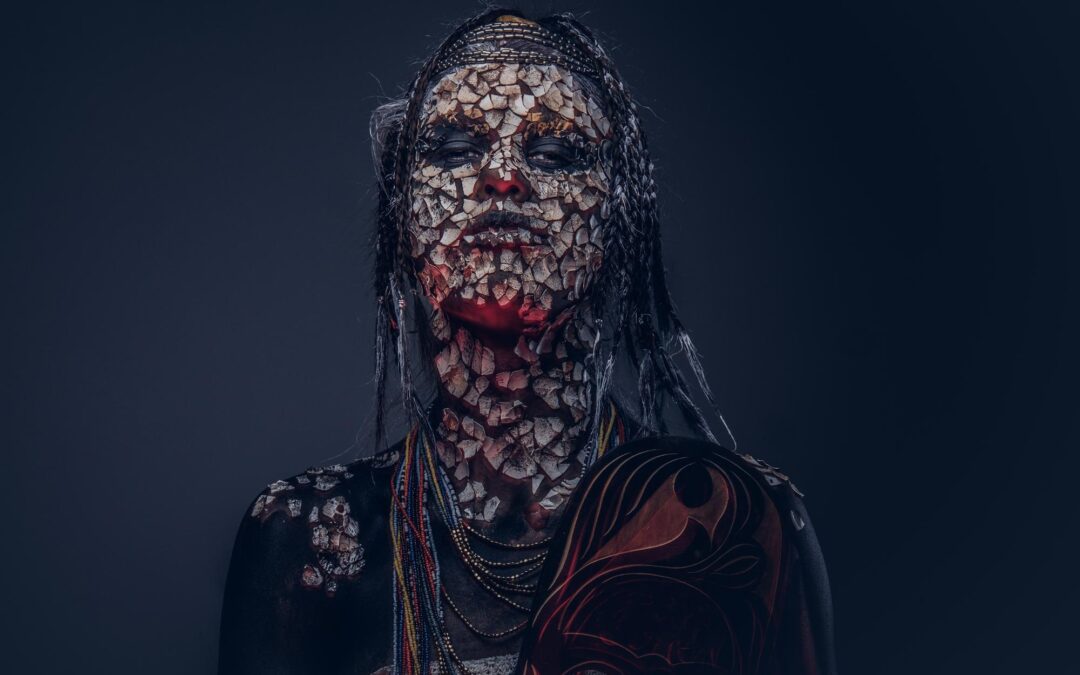Who Are Voodoo Doctors? What Exactly Do Witch Doctors Do?
Since the Middle Ages, the term “witch doctor” has been used to describe someone who is thought to use magic or witchcraft to help people get better. Some historians say that many of the medicines and potions these early doctors made probably led to modern medicine. Early African literature often talks about witch doctors, but the term could also be used to describe early practitioners of folk medicine anywhere in the world. Early doctors might have been called shamans, healers, or wise men or women in different parts of the world.
In the past, a witch doctor was often the only doctor who could be found, especially in small towns and villages. They often helped with childbirth, pulling teeth, and other medical emergencies. When their healing didn’t work, they usually said it was because the gods were angry or the patient wasn’t good enough. In this way, they could keep their status even though their treatments didn’t work most of the time.
To perform healing rites, the witch doctor often asked for food, weapons, or other valuables as payment. In many situations, a sacrifice had to be made to the gods, which usually meant killing an animal. Most of the time, the value of the gift showed how bad the illness was. A small animal, like a rabbit, might have to be sacrificed for a minor illness, while a lamb or deer would usually have to be offered a more severe disease.
A witch doctor’s job was often passed down from one generation to the next. In a lot of villages, everyone came from the same family tree. Most chose their successors and most started training them young. Most of the time, the next witch doctor would work as an apprentice until the one in charge could no longer do his job. Most of the time, the witch doctor was so essential and well-respected that the villagers cared for him until he died.
The Whose and Whats of Their Being and Doing
The label of “witch-doctor” is broad and often divisive. It is a common term for the over 75,000 traditional African healers practicing in Tanzania. In the first place, it’s not a Swahili word. It has colonial origins and contributed to Africans’ view as strange in recent years.
Despite the wide variety of persons and practices that fall under this umbrella term, Western media rarely address them. Professional herbalists, “Babus” (which means “grandfather” in Swahili), and soothsayers for those who believe in magic are all examples. No two people will claim to heal the same things or in the same ways, whether the physical body, the soul, or both. Some healers will look down on others who appeal to a patient’s desire for good luck or do what some might consider darker things to bring good luck, and they are not a unified front by any stretch of the imagination.
Read Also: Top 6 Professional Voodoo Priest In Florida
Babu’s Hometown
Babu, a healer, may be found in most of Tanzania’s smaller towns and communities. When somebody in the village has a physical or mental health issue, they immediately seek them out. Sometimes this occurs before the patient visits a more contemporary medical professional.
There is little doubt that the Babu has extensive knowledge of local flora, yet he still relies on the supernatural to effect cures. Babus commonly claim that they receive instructions on how to treat patients from the dead or other spirits in their dreams.
For an audience that appreciates and understands the spiritual realm, their work is all the more credible because of its spiritual component.
Historic Herbalism
However, the government of Tanzania recognizes herbalist associations.
Traditional Healers’ Organisation members have expressed a desire not to be “cast with the same brush” as other, more spiritually motivated healers. Some have recently been in the headlines for their potentially malicious intentions.
The Battle Between Traditional and Contemporary Medicine
Some Tanzanians, rather than going to a modern medical facility, may opt to visit a local or traditional healer.
First, they are typically more affordable than Western treatment, and second, they are more accessible to individuals living in remote communities than urban hospitals. Second, the introduction of Western medicine to Tanzania has been very recent. Because of this, some people view it with suspicion because it is novel there. However, traditional African spiritual traditions have been used to treat illness for thousands of years and passed down the generations.
Psychiatric Employee
They are helping victims or people who have returned from the Lord’s Resistance Army (LRA) by trying to stop or stop ghosts from attacking them. Or stop bad things they did in the bush from haunting them or repeatedly playing in their minds, so they don’t have nightmares and can live in their community.
Peace Maker
Getting two clans to get along again after one killed someone from the other clan. She is also involved in calling up the spirits of the dead to find out who should get the “kwo money,” which is paid to the victim’s family or clan as blood money.
Family Counsellor
Stop men and women from being unable to have children. This is very important because children are significant to Acholi. A home isn’t a home without children.
Fix marriages or relationships that have broken down.
Promote livelihoods
Take away people’s bad luck and make them rich, especially those enslaved, because bad people want them to stay poor.
Voodoo Doctors for Avoiding disasters
Elders in the community call on her to do rituals to stop natural disasters like droughts and floods.

